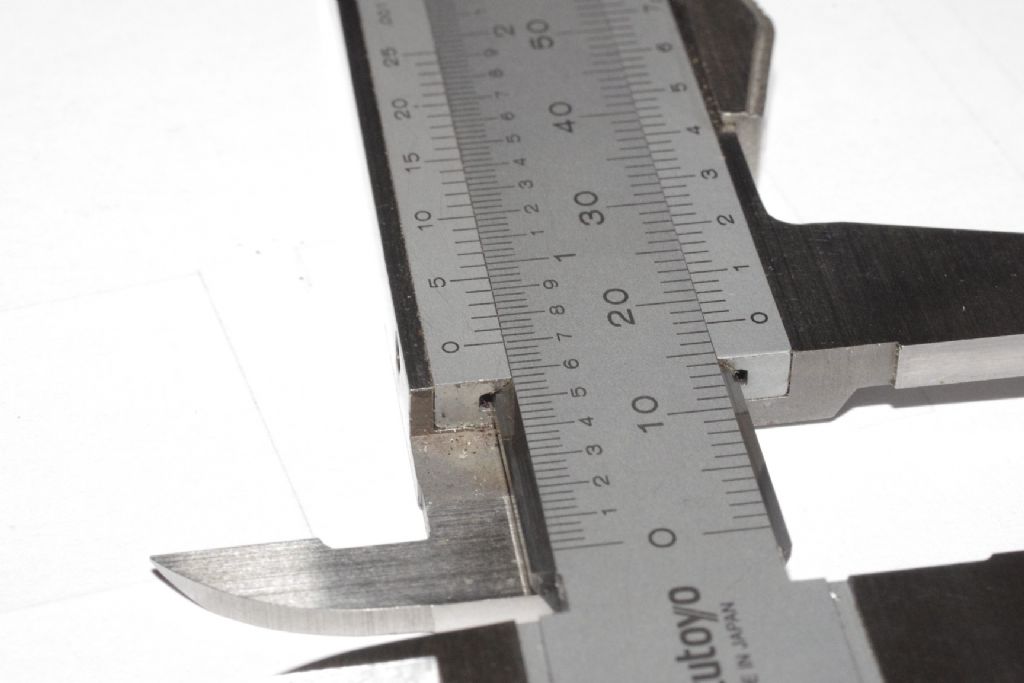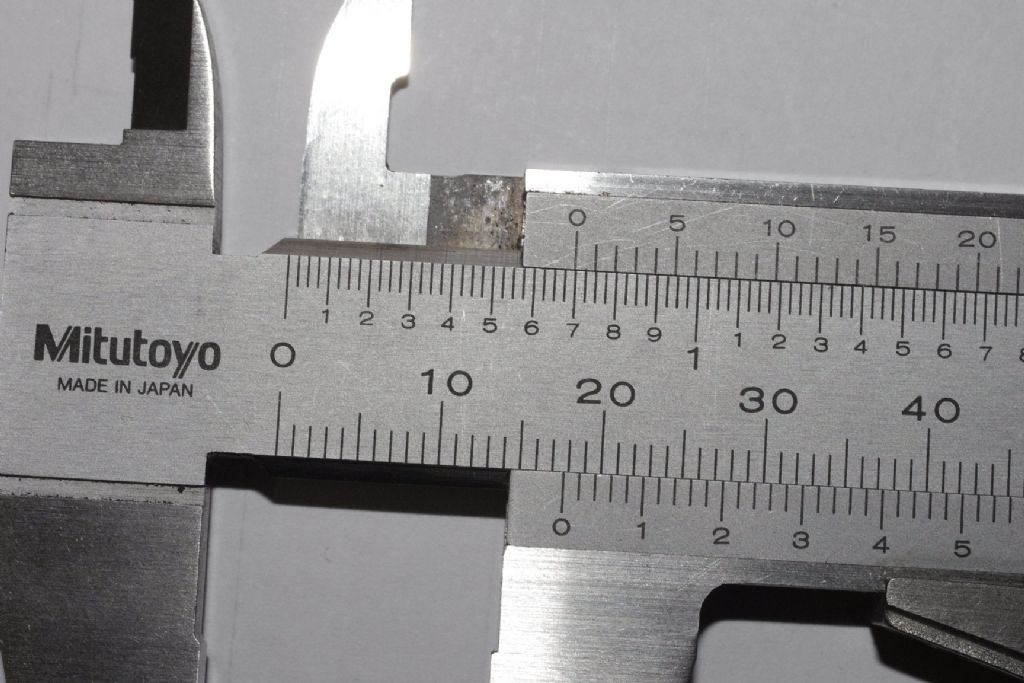Posted by Martin Kyte on 28/01/2020 09:23:46:.
…
I would finally add that qualty measuring kit is top of the list of desireability.
regards Martin
Not in my workshop! But I've done expensive training that addressed concepts like 'quality' and 'desirability' and found them both severely wanting. Done for effect, but we were told to take a baseball bat to any employee who justified a particular tool by using the word 'quality'! Quality raises instant suspicion, much as the police are taught about Trade Number Plates, 'Red on White, Stop on Sight.'
Left to their own devices employees without budget responsibilities have a strong tendency to waste money on expensive tools because a friend liked it, or it was hot 40 years ago, or they think it's Made in England, or it confers bragging rights, or the adverts feature a sexy lady, or the tool is nice to use. And sometimes men ask for expensive gear blissfully unaware the owner is considering outsourcing the whole operation because his employees are driving him into bankruptcy.
Desirable requirements also need close attention. Sometimes, like choosing the colour of a car, they cost nothing. More often they add to costs making it necessary to decide just how important they really are. Someone with long legs and car-crash injuries might pay extra to travel Business Class when a short person would be perfectly comfortable in Cattle-Class!
Instead it's better to express need in terms of 'Fitness for Purpose' and 'Value for Money' assessed against lists of Essential Requirements, and weighted Desirable Requirements. Often the first attempt will list Essentials that are demoted to Desirables, and Desirables that are really essential. The process is revealing: it's not done specifically with cost-cutting in mind, it's done to select the most cost effective tool for the purpose. The process can lead to dramatic changes of tack – it led most Armies to reduce Main Battle Tanks in favour of more Attack Helicopters. In all cases, an answer is required to the question 'How long does it take to recover the cost of this investment?' If the answer is 'never', the business is better off doing something else entirely. Including demolishing the factory and putting a car park on the site.
Home workshop purchases don't follow the same rules because we use tools for pleasure, which I find a jolly good reason for spending my money. However, as home workshops rarely need top-end equipment to get acceptable results, I don't think it's a good idea to suggest 'quality measuring kit is top of the list of desirability', without putting it in context.
I wonder how many newcomers have been scared off our wonderful hobby by chaps carelessly pushing them over budget by advising they must buy only the very best tools? In my experience, cheap and nasty are best avoided, but most inexpensive tools work well enough. They may feel rough, take longer to manipulate and be slightly untrustworthy, but they usually get the job done.
Not perfect, they cost time rather than being outright showstoppers. As saving time is a hobby workshop desirable, only the owner can decide how to weight it. Professional time is very expensive making it easy for them to justify buying reliable tools. Hobby time is often very cheap, in which case there's much less need to buy top-end tools.
What's "Fit for Purpose" in a genteel hobby workshop may not be "Fit for Purpose" when time is money. Likewise, what's "Value for Money" in a professional context, might not be in a hobby workshop.
There are two types of outright foolishness, wasting big money unnecessarily on bling tooling, and wasting big money due to being an over-optimistic cheapskate. I simply suggest purchasers have a think about what they want of their tools before buying anything! For making a start, the middle way has done me proud. So far I've not found it essential to buy any tool worth boasting about!
Dave
Edited By SillyOldDuffer on 28/01/2020 12:55:39
 Steviegtr.
Steviegtr.











